|
A couple of days ago my friend, Sharon,* ...posted the following message on her Facebook page: To which I would add: It's also called being possessed of a moral imagination. I learned this term - moral imagination - last year from an New York Times op-ed piece by author and Columbia University Professor Jennifer Finney Boylan, who happens to be a transgender woman.
...and consists of "the idea that our ethics should transcend our own personal experience and embrace the dignity of the human race." The key phrase here is "transcend our own personal experience"; as in, our ethics should give us the ability to see the humanity in everyone, the ability to feel empathy and concern for someone whose situation or suffering may not the be the same as our own. As Ms. Boylan points out in her article, "The root cause of so much grief in the world is our failure to do just that." And of course one of the correlatives of that failure is the "otherization" of those who aren't within the circle of the people we've been carefully taught to accept. "I have seen people open their hearts," writes Ms. Boylan, "when some otherized soul is revealed to be a member of their own family, or a friend." So true. I can think of an example of this phenomenon in Ohio's Republican Senator Rob Portman, who was anti-LGBTQ rights until his own son came out as gay. Then Portman became pro-LGBTQ rights, or as much as the Christian anti-LGBTQ coalition within his base would allow him to be. A beneficial thing, of course, for both the LGBTQ community and our society as a whole, but hardly a demonstration of moral imagination. And, as Ms. Boylan so eloquently adds, "too many people are still met with hatred because whoever and whatever they are is something others have never been compelled to imagine." I suppose in my case it could be argued that my own commitment to the cause of LGBTQ rights comes from the fact that I have a daughter married to a transgender wife. And yet I've been told by more than one person that, considering the hateful attitudes that abound on this planet, my daughter and daughter-in-law lucked out to have to have hatched in my nest, so to speak, my LGBTQ-rights activism pre-dating my knowledge,
...that my son-in-law would one day be my daughter-in-law. I suppose I can't argue that point, even though I consider myself the one favored by fortune to have been blessed with Theresa and Callie. In her article, which was written last summer, Jennifer Finney Boylan advocated that it was time to bring moral imagination back in style. I can't help but wonder if the silver lining to the dark Trump cloud over our country may be that our Disgrace-in Chief is, in fact, bringing moral imagination back in style *...a woman of great moral imagination.
References http://www.nytimes.com/2016/07/23/opinion/bring-moral-imagination-back-in-style.html?_r=0 https://en.wikipedia.org/wiki/Edmund_Burke
0 Comments
Leave a Reply. |
"Tropical Depression"
by Patti Liszkay Buy it on Amazon: https://www.amazon.com/dp/B0BTPN7NYY "Equal And Opposite Reactions"
by Patti Liszkay Buy it on Amazon: http://amzn.to/2xvcgRa or from The Book Loft of German Village, Columbus, Ohio Or check it out at the Columbus Metropolitan Library
Archives
July 2024
I am a traveler just visiting this planet and reporting various and sundry observations,
hopefully of interest to my fellow travelers. Categories |


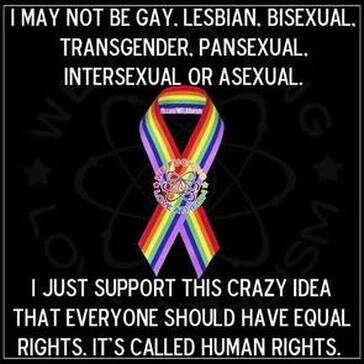
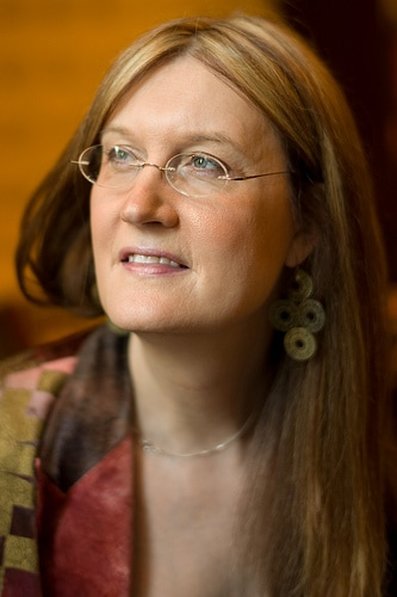
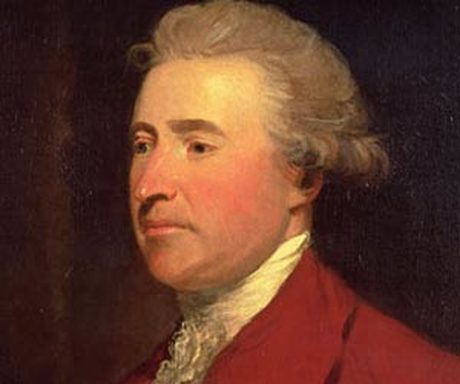

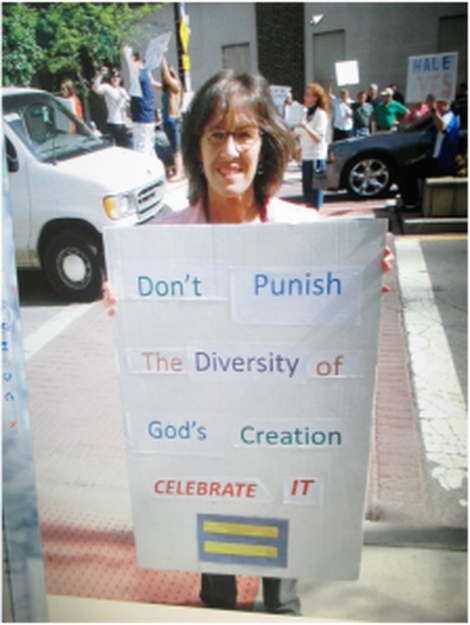



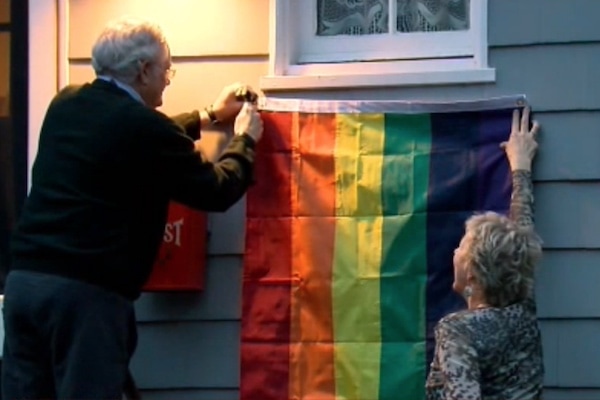
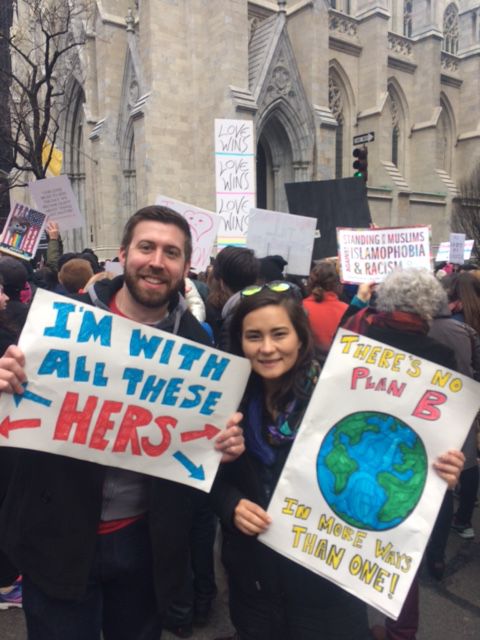






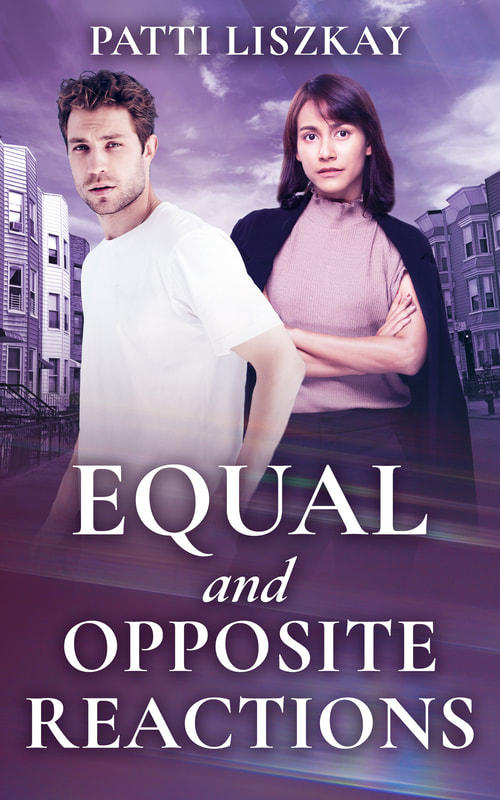


 RSS Feed
RSS Feed